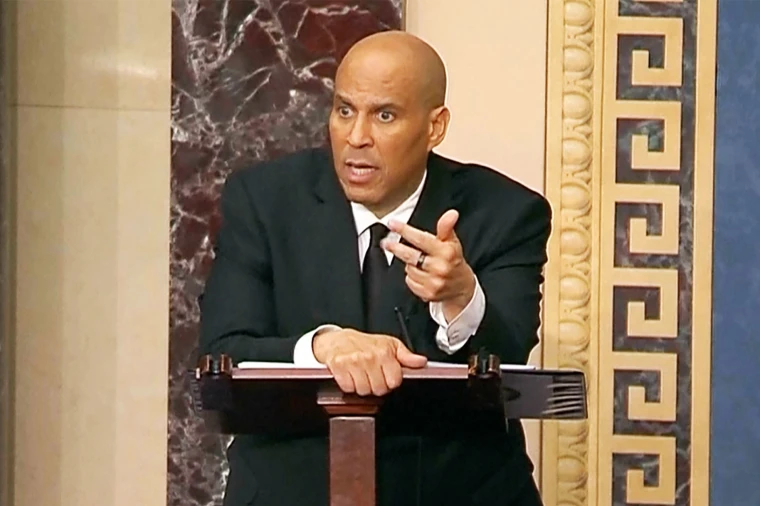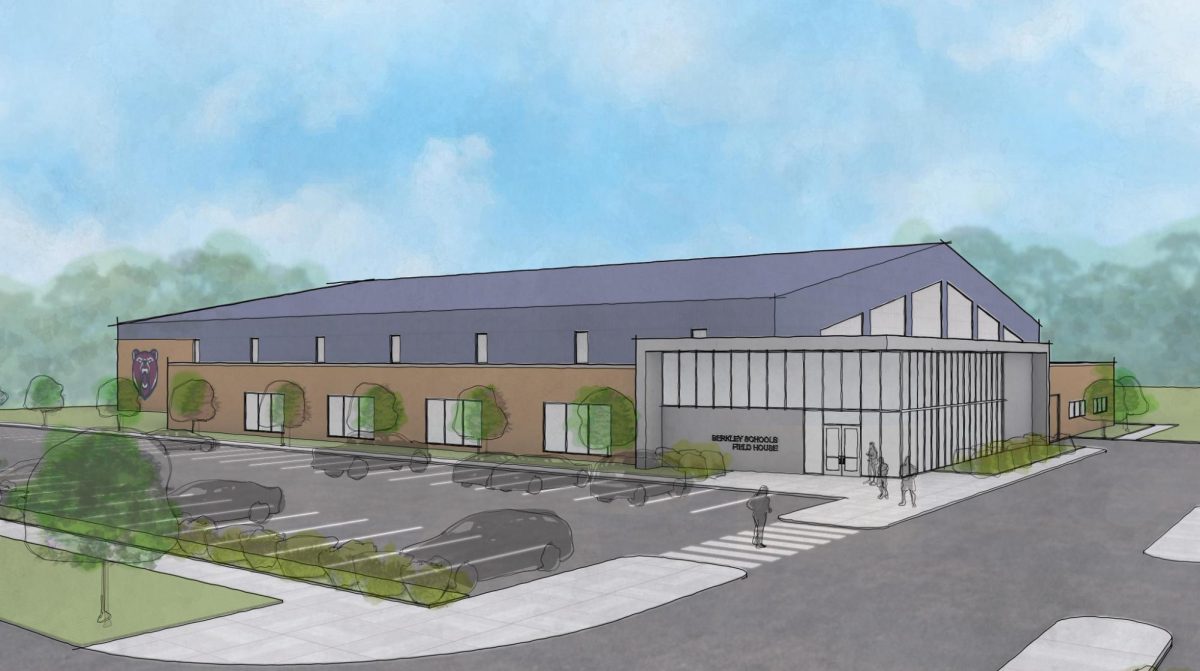The Berkley Education Association, the Berkley teachers’ union, will be renegotiating BHS teacher contracts in the next coming months, and these will be ratified at the start of the 2024-2025 school year. Every three to four years, teacher’s contracts expire and therefore are renegotiated. This renegotiated contract is in effect for another three to four years, and then this cycle repeats. This renegotiation will affect the contracts of approximately 300 union members–which includes teachers, special education teachers, and counselors. Regardless of where teachers are on the pay scale, if the renegotiation goes as planned for them, all will have a modest increase in their salary.
The Berkley Education Association, the Berkley teachers’ local union, is part of the larger Michigan Education Association which includes all union employees in schools across the state. On the local level, the teachers have a negotiating team made up of members from a number of different schools in the district, along with their state union representative. They will negotiate contracts with a group of district-level administration at a meeting that will take place in spring.
BHS English teacher and member of the Berkley teachers’ union Mr. Duffy explains that in these meetings, “We will talk about things that are most important to us, they will talk about things that are most important to them, and after a negotiation process, we will come to a draft agreement. At that point, the union will bring the draft back to its members, and the membership will review it.” If the draft is sufficient for all members and a majority votes to accept it, the draft will then be ratified. On average this process takes a few months, but it varies by year.
Mr. Duffy explained that the results of these negotiations vary. He stated that, “Every renegotiation cycle is hopeful,” and that “Sometimes we get what we want, sometimes we get a little bit of what we want, but it depends on several other factors. Usually, things happening in Lansing, like state politics, impact the negotiation process.” This was a factor in the last renegotiation. Mr. Duffy explained that “All parties agreed to a simple extension of our previous contract. We felt that an extension was preferable given the political climate in Lansing, which, at the time, was not friendly to public education.” To resist the lengthy process of a full renegotiation, especially in a political climate that was not aligned with their interests, the union kept the same contracts. This year, though, the political climate in Michigan is more aligned with the needs of public education, so Mr. Duffy stated that this is “exciting for teachers, and we are hoping to bring that excitement into the process.”
The main reason teachers need this hope is because they are underpaid in America. According to Salary.com, high school teachers in Michigan have an average salary of $64,200 (as of September 25, 2023). Similarly, according to the Superintendent of Schools and Human Resources office, the average estimated salary amount for a Berkley School District Teacher is $66,535.62. But this is an average and the individual pay varies. The range is very different–which leads to the question of how teachers are actually paid across their career here in Berkley.
Berkley school district pays teachers on a pay scale which includes “steps”. The first Step (which is actually Step 2) is the salary first year teacher’s receive. The steps go up by 0.5 increments, and there are a total of 14 steps. Within this pay scale there are incentives for going back to school and earning a masters degree. Mr. Duffy elaborated that the years and extra incentives “will equal incremental increases in your salary. On their own the increases are modest, but they can add up during the span of a full career. So for people who have been here for a long time, who are on the top of the pay scale, the salary looks OK. To the people who are starting out, the salary is less attractive. To attract and retain the best teachers, it needs to be higher.” To illustrate Duffy’s point through numbers, the current contract has first year teachers with a BA making $40,471, and the final step of teachers with a BA is $75,774. If a teacher has a BA+30/MA, their first salary is $44,052 and step 14 is $86,053. Finally, teachers with a MA+30/Spec have a first step of $47,857 and their highest achievable salary is $90,184. So, the range is from $40,471, to $90,184. But again, the latter number is the absolute top of the pay scale, for teachers with a MA+30/SPEC on step 14–and the first step is 12 increments away from this final step.
To put the average salary of Berkley teachers in perspective, the Living Wage Calculation for Michigan states that a living wage, the amount that an individual in a household must earn to support his or herself and their family, for one working adult with two children is $36.39 per hour, which equates to a yearly salary of approximately $75,691. This means that, if the average paid Berkley district teacher is the sole provider for two children, they are making, on average, approximately $9,000 less than the living salary in Michigan. In terms of the Berkley pay scale, it would take a teacher with a BA 12 years to make this specific Michigan living wage. With the average age of a graduate being 23, a hypothetical new hire to BHS, who only had a BA, would not make this familial living wage until they are 35.
The difference between these numbers brings up an important note on our current economic situation. Teachers are historically underpaid, but this has a more drastic effect now with high interest rates and inflation. Mr. Duffy explained that today’s economic climate makes a strong case for a raise. Talking as a teacher and not on behalf of the union, Mr. Duffy said, “Right now we’re experiencing a moment of high interest rates. For families looking to move into their first home, you likely have to work with a bank and take out a loan to make that happen. But high interest rates make that process far more expensive for the borrower, and that greater expense hits lower-earning folks the hardest.”
Mr. Duffy added that high interest rates aren’t the only economic instability in America. He added, “We also see a large swath of the population impacted by inflation. Your take home pay is now worth 10% less than it was two years ago, but you are still doing the same amount of work. You still need the same groceries. We’re seeing a lot of areas in our economy right now that make it harder for working people to get by. My sense is that a lot of folks in our country are looking for wages that are fair and that allow them to face these new obstacles.” To put this in perspective, a person making 40k today, has roughly the same purchasing power as a person making 36k in 2021.
Mr. Duffy also stated that “It is harder to find young teachers because colleges and universities aren’t producing them in the numbers they used to. It’s not as attractive a profession as it was 15 to 20 years ago.” This is backed by The Bureau of Labor Statistics in 2022, which stated there were 567,000 fewer public school educators after the pandemic. This is a result of many issues in the teaching profession: We Are Teachers cites that 78% of educators say that low pay is a serious issue for teachers, and that 44% of teachers are burned out. On a positive note, the salary has been increasing in the area to combat this. Mr. Duffy cited that “In Southwest Michigan over the last three or four years a number of our surrounding school districts, especially Detroit Public Schools, have increased the starting salary for teachers to try and attract young talent to the district.” This trend is reflected in the Berkley district as well.
The results of this renegotiation will be implemented in the fall.
Categories:
BHS Teachers Set to Negotiate New Contract
More to Discover
About the Contributor

Aria Dwoskin, Editor-in-Chief
Hi! I am Aria Dwoskin, and this year I am the Editor-in-Chief of the Berkley Spectator! I am a senior, and this is my fourth year on The Spectator. I joined Journalism because I love writing, and love collaborating with an amazing team to create important articles! I enjoy writing about news and politics. When I’m not writing, I am usually playing tennis or reading. I’m so excited to grow as a writer and an editor this year! And most importantly, my favorite donut cutter donut is strawberry frosted with sprinkles (obviously).








